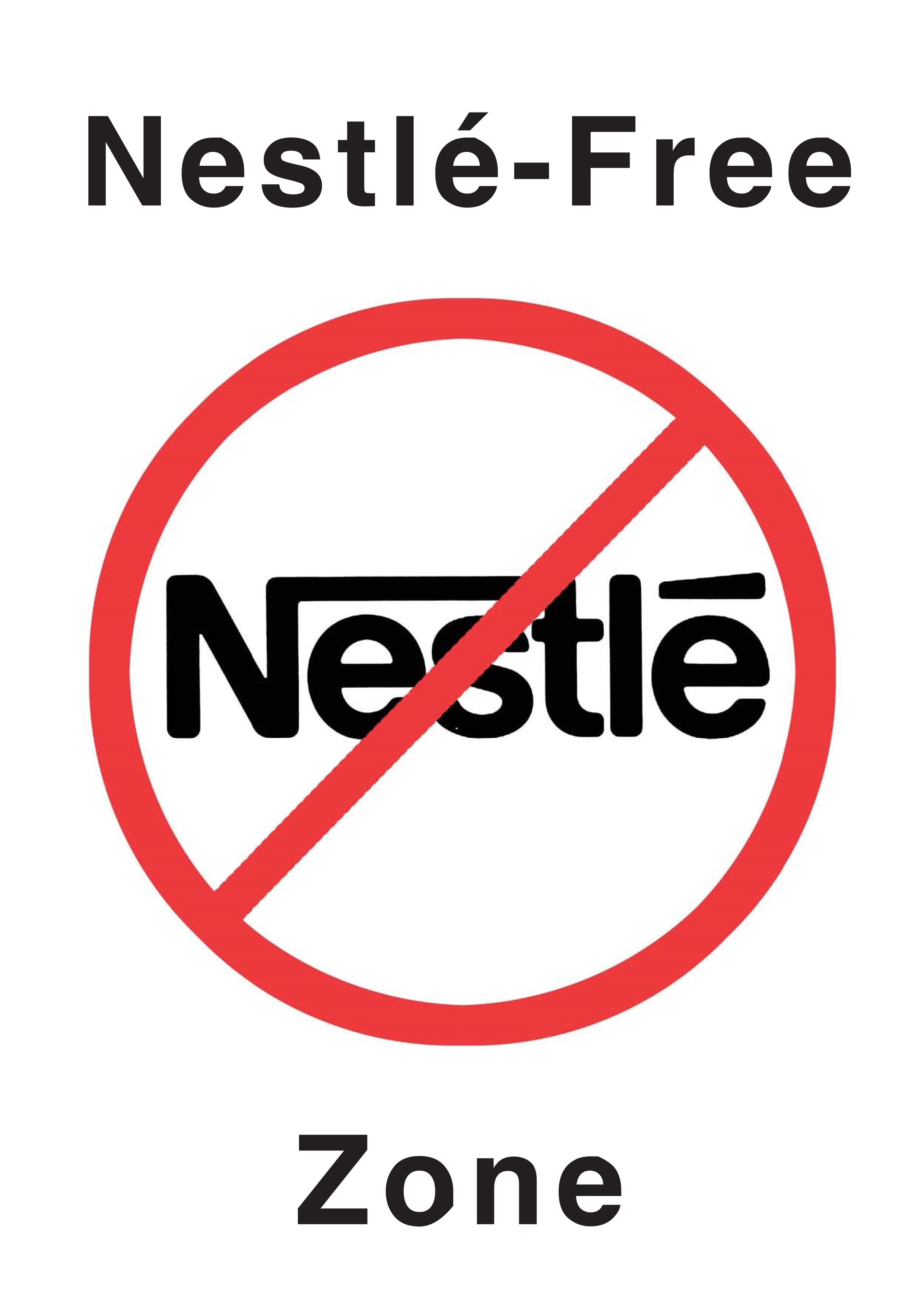The Transfer of Drugs and Therapeutics Into Human Breast Milk: An Update on Selected Topics
Sachs HC; COMMITTEE ON DRUGS.
Pediatrics. 2013 Aug 26.
Abstract
Many mothers are inappropriately advised to discontinue breastfeeding or avoid taking essential medications because of fears of adverse effects on their infants. This cautious approach may be unnecessary in many cases, because only a small proportion of medications are contraindicated in breastfeeding mothers or associated with adverse effects on their infants. Information to inform physicians about the extent of excretion for a particular drug into human milk is needed but may not be available. Previous statements on this topic from the American Academy of Pediatrics provided physicians with data concerning the known excretion of specific medications into breast milk. More current and comprehensive information is now available on the Internet, as well as an application for mobile devices, at LactMed (http://toxnet.nlm.nih.gov). Therefore, with the exception of radioactive compounds requiring temporary cessation of breastfeeding, the reader will be referred to LactMed to obtain the most current data on an individual medication. This report discusses several topics of interest surrounding lactation, such as the use of psychotropic therapies, drugs to treat substance abuse, narcotics, galactagogues, and herbal products, as well as immunization of breastfeeding women. A discussion regarding the global implications of maternal medications and lactation in the developing world is beyond the scope of this report. The World Health Organization offers several programs and resources that address the importance of breastfeeding (see http://www.who.int/topics/breastfeeding/en/).

